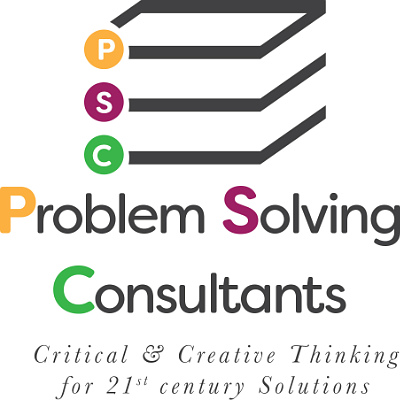If you know what you’re doing is wrong but there’s no one to notice or learn of what you’re doing, is there an ethical issue? When it’s put that bluntly, what do you think? Remember the common sense definition of ethics. Ethics is what you do when no one’s watching. You as the supervisor, manager or leader have a moral obligation to your organization and to yourself to always try to do the right thing. If you don’t but you instruct your employees to do so, aren’t you really simply stating that they’re to do as you say, not as you do? Are you truly behaving as a leader?
Ethical conduct these days seems to be in short supply. We’ve all read the headlines and heard the talking heads pontificate about the waste and abuse by federal agencies, state agencies, and private sector organizations. Why does it keep happening? For one thing, what are the consequences? A few folks have resigned their positions or retired. And in “fifteen minutes,” figuratively speaking, no one will remember, the agencies involved will suffer no lasting consequences and the same old mind set continues.
Here’s the big “however.” If your organization relies upon its reputation for honor and integrity, any behavior by any employee which is contrary to those principles will undermine that reputation and ultimately end up hurting the organization. As a member of the leadership team you bear a great responsibility for protecting the good name of your organization and the reputation of each and every employee. With that in mind, how will you respond to the next ethical dilemma you face?
